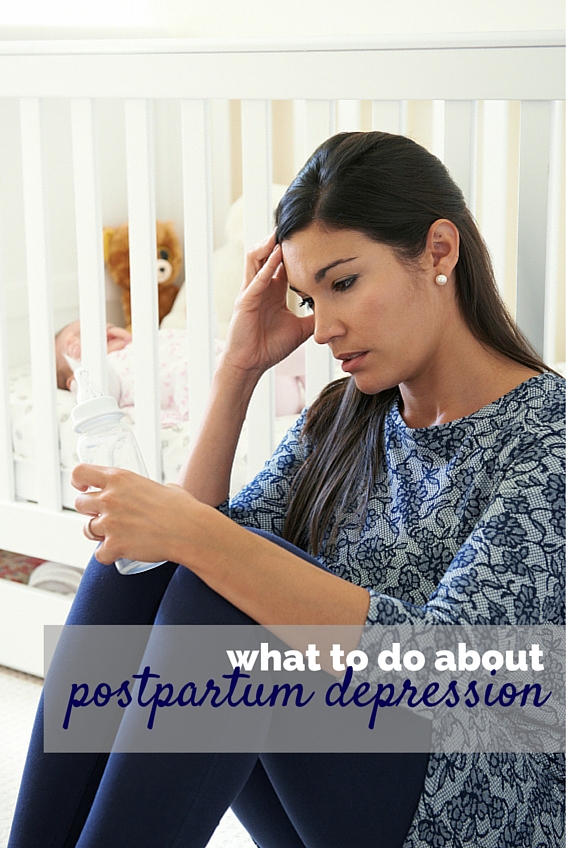If you experienced the “postpartum blues” after giving birth, you’re not alone.
Up to 80 percent of women experience some sadness, irritability and/or anxiety for a few days after delivery, said Dr. Lily Hahn, an OB-GYN with St. Elizabeth Physicians.
“It’s very, very common for women to experience the blues after giving birth,” she said. “As long as it only lasts for a few days and you’re still bonding with your baby and finding happiness with him or her, we consider it normal.”
What doctors worry about is when those blue turn into something more serious, such as postpartum depression or, in extremely rare cases, postpartum psychosis.
When “the blues” are a little more serious
Postpartum depression is not uncommon, Hahn said. It occurs when women struggle to find joy in life after delivery, when they’re not bonding with their baby, when they’re experiencing extreme sadness or when they’re frequently crying. Postpartum depression, unlike the postpartum blues, requires treatment, including psychotherapy and medication.
Postpartum psychosis takes postpartum depression one step further. It includes all of the symptoms of postpartum depression but also includes delusions or hallucinations, such as hearing or seeing things that aren’t actually there.
Most doctors will never see a case of postpartum psychosis during their lifetime. Because it truly is so rare, they typically don’t screen for it.
They do, however, look for warning signs from their patients, and ask patients at risk for postpartum depression if they’ve experienced any suicidal or homicidal thoughts.
“Most patients call us themselves, recognizing that the sadness they’re experiencing isn’t normal,” Hahn said. “Even in cases like that, though, we can’t lose follow-up with those patients. We make sure they see us or a mental health physician often to ensure they’re getting better with treatment.”
Long road to recovery
Even with treatment, though, it can take months to fully recover from postpartum depression, she said. And it isn’t something you can prevent.
Women at risk for postpartum mental illnesses are women who have a history of depression, who experienced depression either during their pregnancy or even before their pregnancy.
“If one of my patients has been treated for depression some time before pregnancy, I’m concerned we’ll have an issue after delivery,” Hahn said.
Also at risk are women without the financial means to support a baby, or women without support from a partner or family members.
If you’re concerned you or a loved one is suffering from a postpartum mental illness, don’t wait to get help. Call before your six-week postpartum check, as soon as you begin to suspect something is wrong, Hahn said.
“Postpartum depression isn’t something to be taken lightly,” she said. “We want to see you right away.”
For more information, visit The Mayo Clinic.

